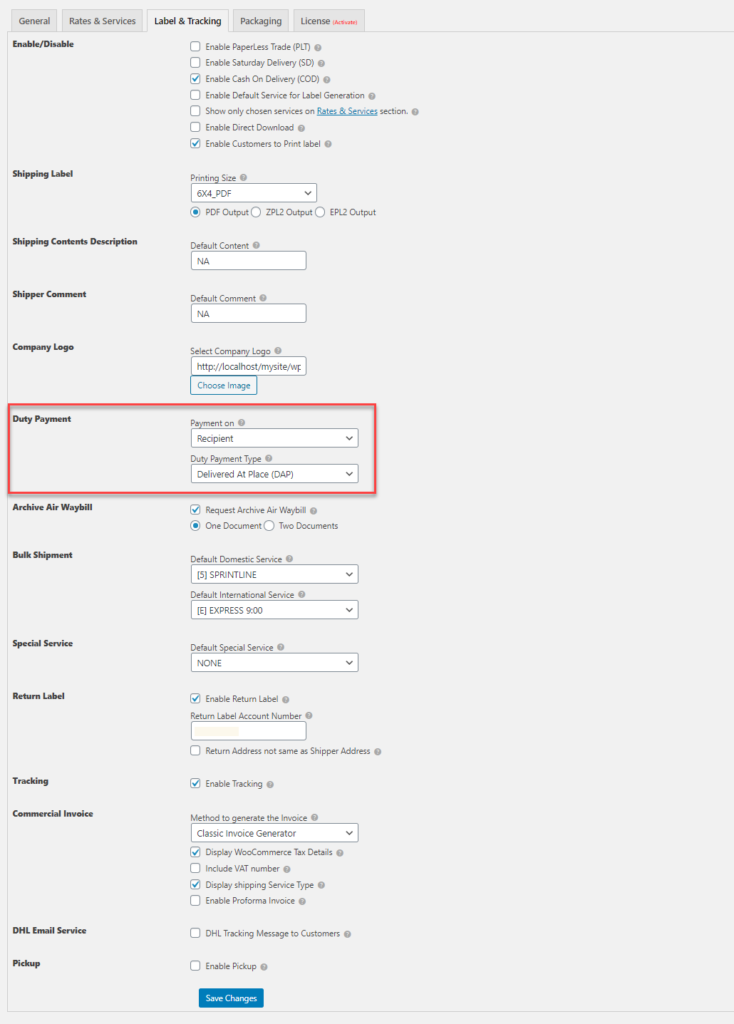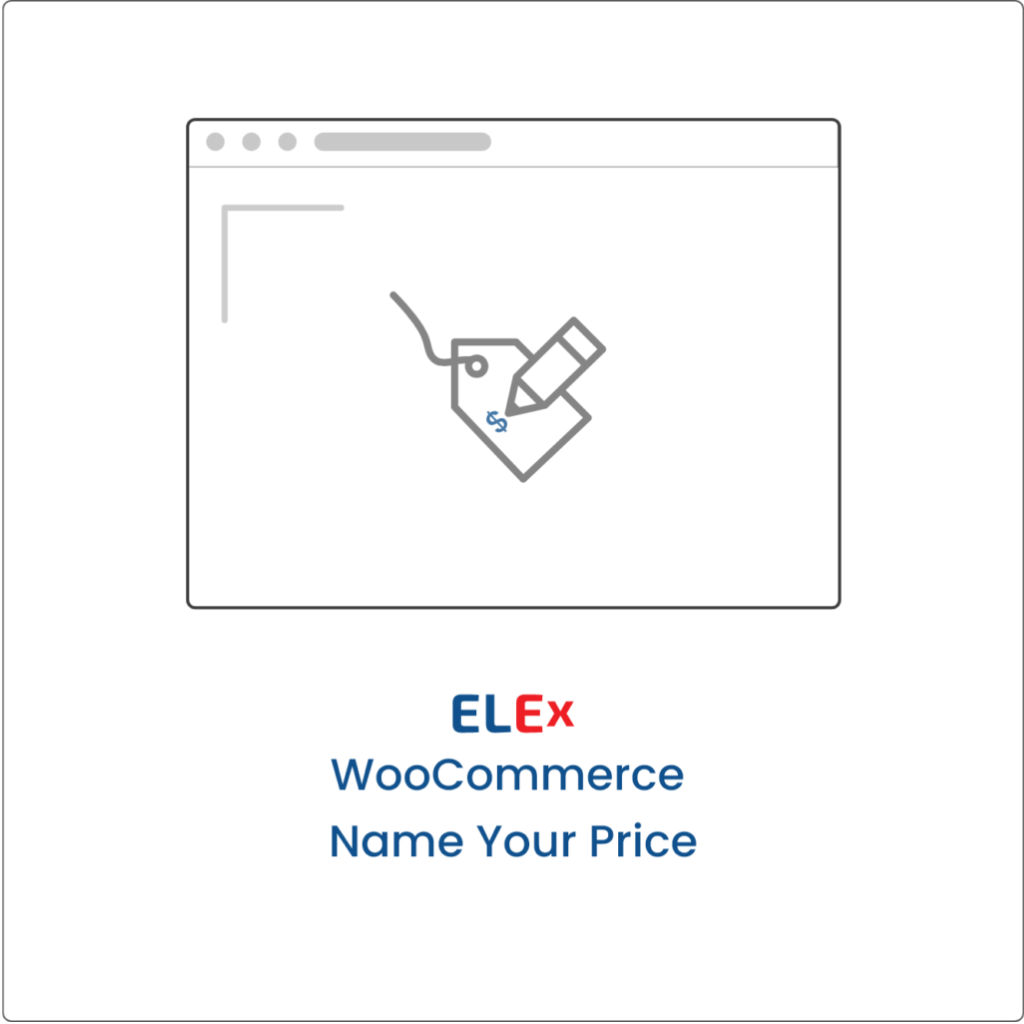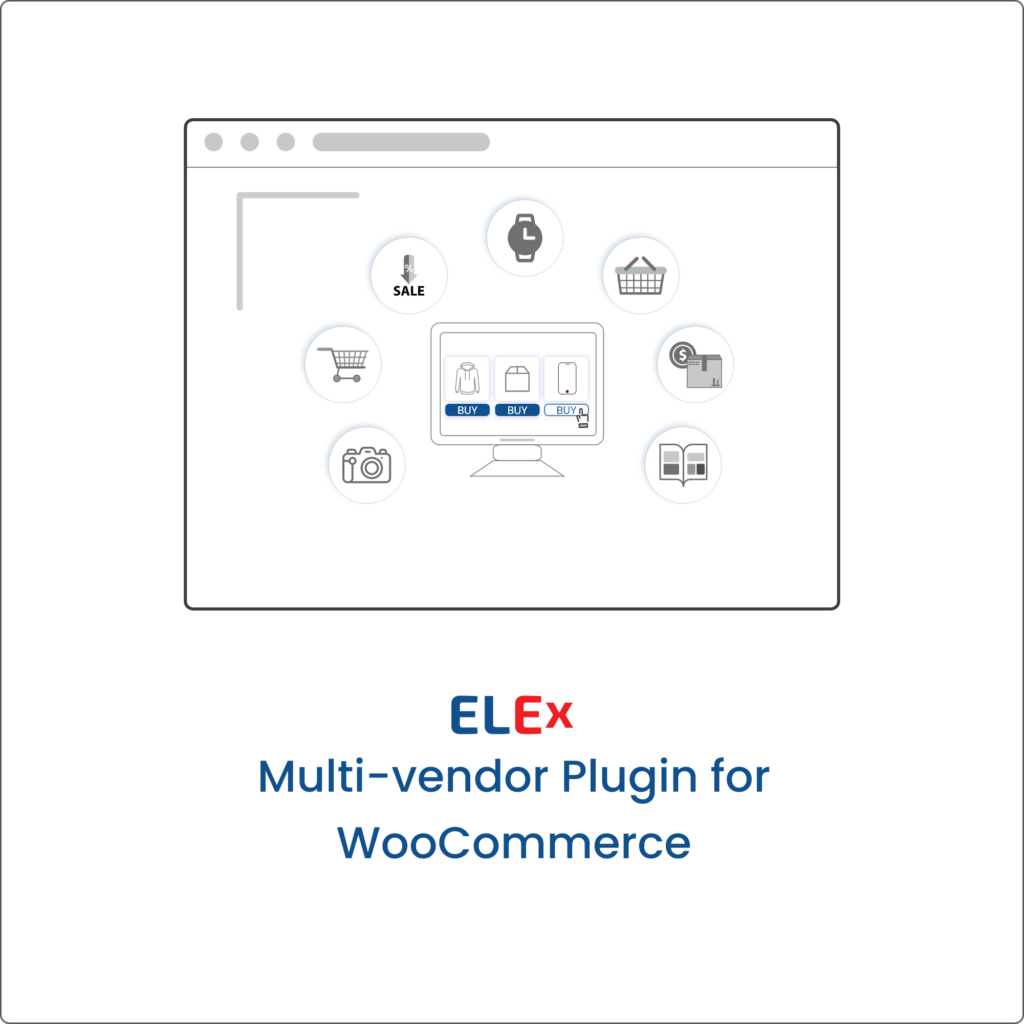Do you want to know more about DDU (Delivery Duty Unpaid) and DDP (Delivery Duty Paid)? Here we look at the differences between these terms. If you are handling international logistics, then you must have heard these terms often. Let us know more about DDU Vs DDP here.
DDU Vs DDP
Before we begin the study, let us first understand what these terms are – DDU and DDP. As said above, DDU stands for Delivery Duty Unpaid and DDP stands for Delivery Duty Paid.
So what do these mean?
You know that most countries impose a duty or tax upon the shipments depending on the value of the shipment that you are declaring. With import and export, every country has its own rules and regulations. Either the shipper or the receiver has to pay the taxes imposed for the same. DDU and DDP are both Incoterms that are defined by the International Chamber of Commerce. These terms play a vital role in global Commerce.
What do DDU and DDP terms mean in Shipping?
DDU or Delivery Duty Unpaid Incoterms payment means that when the customer’s shipment arrives at the customs, they will contact the customer and to release the shipment from the customs, they need to pay some charges.
DDP or Delivery Duty Paid Incoterm payment means that any charges on duties and taxes in customs are to be paid by the sender itself. Most of the sellers include these charges at the checkout from the store and collect the same from the customers to avoid any hassle at the customs.
What does DDP include?
With DDP Incoterms shipping, the seller needs to ensure that they pay all the charges to ensure that the shipment reaches the customers with little hassle. These additional costs may include import duties, taxes like the GST (Goods and Services Tax) etc.
DDP also includes VAT unless specified otherwise by the shipper. Whenever a seller is selling online, they need to ensure that there are no hidden VAT charges levied on the same.
What is the difference between LDP and DDP?
LDP or the Landed Duty paid is the charges that the seller is responsible to pay when shipping to cross-border areas. It includes charges like shipping insurance, duties and customs clearance. The LDP and DDP are quite similar, but again LDP encompasses a wide range of shipping costs such as shipping insurance.
Which is ideal for your shipments – DDU or DDP?
With DDU, there are no processing fees while checkout on top of the duty, hence it looks cheaper. But again the seller needs to communicate to the receiver that there might be charges to be paid upon the shipment’s arrival in the customs.
It is quite common that the customers are not even aware of the customs charges to be paid, and it comes as an unwanted surprise. This affects your overall customer experience. The customs will forward the package to independent customs brokers to collect the customs charges from the customers. These brokerage charges might be unexpectedly high. Even there are chances of late fee-charging, storage fees, and much more. Hence it is quite impossible to predict what will be the final charges that the customer needs to pay.
In terms of DDP shipments, they are expensive because the express couriers will mostly process the payment to the customs at an additional fee on your behalf. But again these charges are far better than the brokerage charges levied on the DDU shipments. The best part of DDP is that paying these charges upfront will help your shipments to pass through the customs window with little hassle and arrive at the customer’s address quickly. And again the customs need not contact the customer for all these extra charges. When customers are contacted by customs, there are greater chances of shipment abandonment. With DDP you can avoid the customers abandoning the shipments, yet again, you need to make the payment of the additional fees to keep your customers happy.
And yes, DDP is ideal for your shipments.
Best Tips to include DDU and DDP in your shipments for your eCommerce store
It is always best to keep your business rules crystal clear, especially with charges. Why bother your customer with hidden charges, leaving them completely deceived when the final fees appear before them? It is always best to keep the customers informed about what to expect when the shipment arrives.
You can explain how the taxes and duties are handled in your store :
- using the descriptions in the product pages.
- Notifications on the checkout page.
- in the confirmation emails.
- under shipping policies.
- And your store FAQs.
To make a smooth delivery, it is always better to stick to DDP Incoterms. But again some companies work with larger shipments, they depend on DDU for export and import. Hence, what you choose is completely depending on the business model you work with.
How to include DDP/DDU Incoterms on your WooCommerce store?
Using the ELEX DHL shipping plugin you can easily include the DDU, DDP etc using the Duty Payment settings in the plugin. The settings can be found in the Label & Tracking Settings in the plugin.
All you need to do is navigate to WooCommerce>> Settings>>Shipping>> DHL Express>>Label & Tracking settings. The settings are as shown below:
The settings for Duty Payments is shown as below:
In the Duty Payment settings, you can find options on who handles the duty payments from the Recipient option in the plugin. Here is the list of options available :
- Delivered At Place (DAP)
- Delivered Duty Unpaid (DDU)
- Delivered Duty Paid (DDP)
- Ex Works (EXW)
- Free Carrier (FCA)
- Carriage Paid To (CPT)
- Carriage and Insurance Paid to (CIP)
- Delivered At Terminal (DAT)
- Free Alongside Ship (FAS)
- Free on Board (FOB)
- Cost and Freight (CFR)
- Cost, Insurance & Freight (CIF)
You can also opt the option for the shipper, third party or even None to pay the duty from the settings here.
Find out better options in the plugin to make your shipping easy.
As said above,
As discussed above, including DDP, DDU etc., depends on the business model. Choose the right one that suits you and you can work around it. It is ideal to keep the customers informed to avoid taking them by surprise with additional charges, which will cause you to lose a business opportunity.




